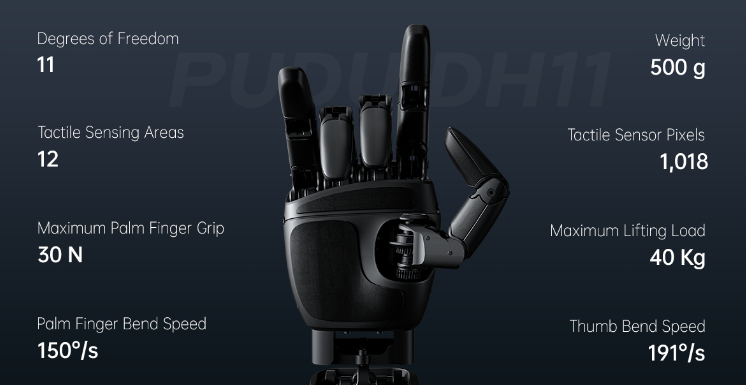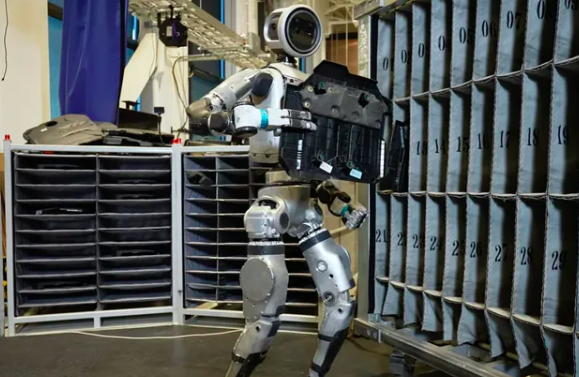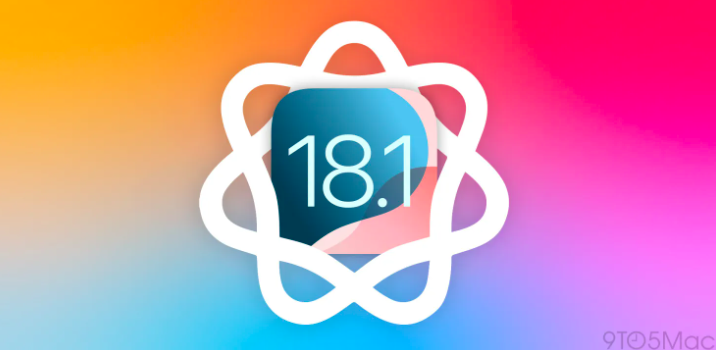Pudu Robotics Unveils New Era of Efficient Indoor Delivery with PuduBot 2 Series
Pudu Robotics has launched its next-generation PuduBot 2 series, setting a new standard in indoor delivery solutions for industries like hospitality, retail, and healthcare. Designed to elevate operational efficiency, the PuduBot 2 series incorporates advanced multi-sensor perception systems, allowing it to navigate dynamic environments with precision. Enhanced obstacle avoidance and refined navigation capabilities ensure smooth, uninterrupted service, even in crowded spaces.

The PuduBot 2 also features a robust, long-lasting battery that supports extended runtimes, making it highly adaptable for demanding environments. Its modular design allows businesses to easily customize the bot to specific needs, while its improved human-robot interaction capabilities provide a seamless, contactless delivery experience. With its innovative design, the PuduBot 2 offers businesses a practical and efficient solution to meet the growing demand for automation and improve customer satisfaction through fast and reliable service delivery.
Boston Dynamics’ Atlas Robot Pushes Autonomy Boundaries with Impressive New Skills
Boston Dynamics has unveiled the latest iteration of its humanoid robot, Atlas, showcasing advanced autonomous capabilities that allow it to perform tasks independently in complex environments. In a recent demonstration, Atlas operates in a simulated warehouse setting, where it autonomously navigates, lifts, and transports objects. Using cutting-edge machine learning algorithms and sensor technology, Atlas perceives its surroundings and adapts in real time, handling obstacles and adjusting its movements to ensure precision and balance.

This version of Atlas represents a significant leap in autonomous robotics, moving beyond basic programmed actions to dynamically interacting with its environment. Capable of recalibrating its actions mid-task when encountering resistance, Atlas demonstrates agility and resilience, performing tasks without human intervention. Boston Dynamics’ advancements signal a promising future for practical applications of autonomous robots in industrial and emergency scenarios, setting a high bar for the next generation of robotics.
Apple’s iOS 18.1 Brings AI-Powered Tools and Enhanced Usability
Apple’s iOS 18.1 update introduces powerful new AI capabilities and improvements designed to elevate the iPhone experience. Available on the latest iPhone 16 and iPhone 15 Pro models, the Apple Intelligence suite adds features like Writing Tools, which offer rewriting, proofreading, and summarization functions across various apps, making productivity easier than ever. Siri also benefits from an updated, dynamic interface that visually wraps around the screen’s edge and offers improved conversational abilities, allowing for richer, context-aware responses.

In addition to AI advancements, iOS 18.1 enhances core apps and usability. The Photos app now includes advanced search and a Clean Up tool that automatically removes distractions from images. Notification management sees a boost with a new Focus mode, “Reduce Interruptions,” which prioritizes urgent alerts while minimizing unnecessary distractions. Further refinements include Smart Reply in Mail, call transcription and recording in the Phone app, and transcription summaries in Notes, all designed to streamline daily tasks and enhance the user experience.
President Biden Issues Landmark National Security Memorandum on AI
President Joe Biden has issued the United States’ first National Security Memorandum (NSM) focused on artificial intelligence (AI), underscoring the technology’s critical role in national security and foreign policy. This directive builds upon a prior executive order, aiming to establish U.S. leadership in safe AI development, leverage AI for national security purposes, and foster international governance frameworks. The memorandum designates the AI Safety Institute as the primary governmental liaison with the AI industry, collaborating closely with national security agencies to protect American AI innovations.

The NSM introduces the Framework to Advance AI Governance and Risk Management in National Security, providing comprehensive guidelines for implementing AI in national security applications. These guidelines mandate rigorous risk assessments and safeguards against privacy invasions, bias, discrimination, and human rights violations. Additionally, the memorandum reinforces support for the National AI Research Resource pilot program, aiming to democratize AI research by extending capabilities beyond major tech firms to universities, civil society organizations, and small businesses. This initiative reflects the administration’s commitment to responsible AI innovation while maintaining technological leadership and upholding democratic values.
Visa Accelerates AI Integration Amid Global Restructuring
Visa is intensifying its adoption of artificial intelligence (AI), currently deploying over 500 generative AI applications to enhance productivity, strengthen consumer fraud protection, and drive innovation in payment systems. This initiative is part of a broader strategy to rapidly implement AI solutions, positioning Visa ahead of increasingly sophisticated fraud tactics. Despite a global restructuring plan that includes approximately 1,400 job cuts—around 1,000 of which are in technology roles—Visa emphasizes that its AI investments are intended to augment human talent rather than replace it.

Over the past decade, Visa has invested $3.3 billion in AI and data infrastructure, showcasing its commitment to embedding AI across its operations. The company’s AI applications range from advanced security tools that detect and prevent fraud to productivity solutions that streamline internal processes. Visa’s approach involves strong governance and collaboration across teams to ensure effective and responsible AI deployment. Looking forward, Visa envisions utilizing AI-generated digital employees managed by human workers, aiming to further enhance efficiency and innovation within the payments industry.
